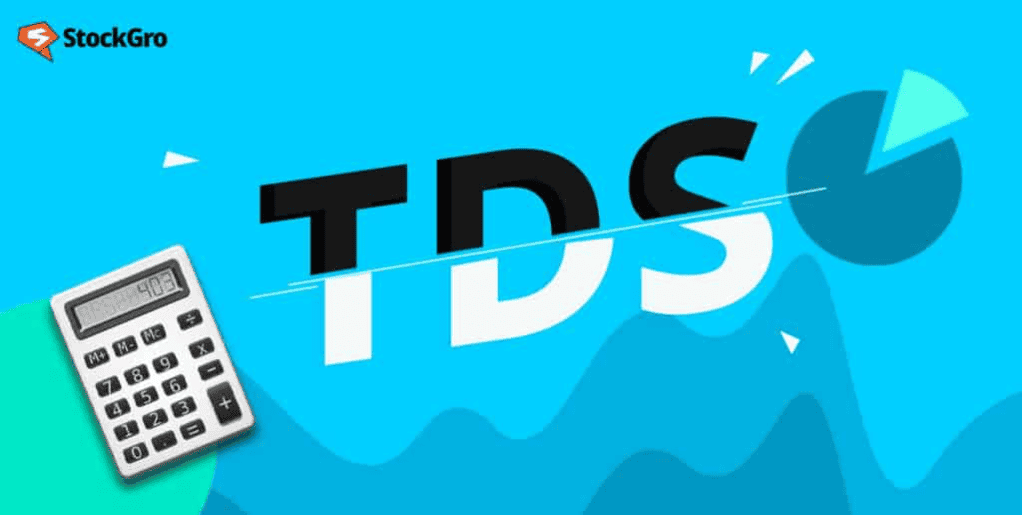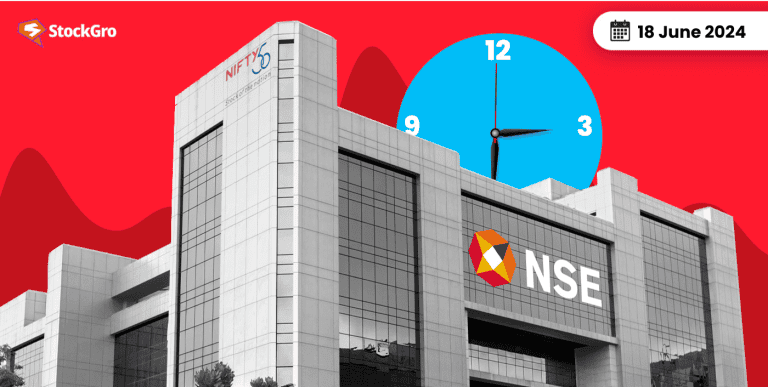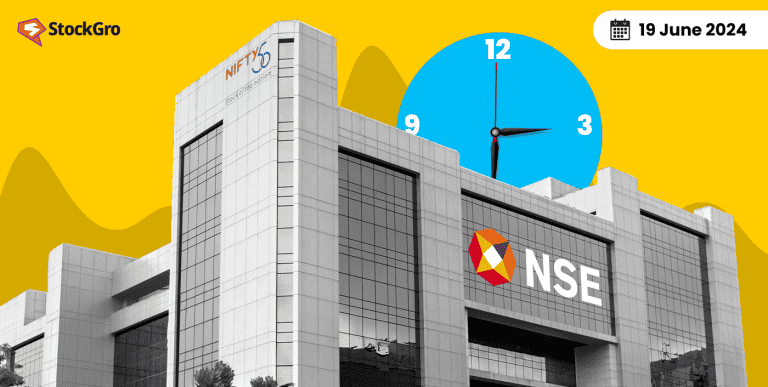
In this article, we’re going to talk about rent compliance policies for tenants under Section 194IB of the Income Tax Act. We’re going to find out what this section means, whether you’re eligible for this TDS deduction, and what you’re supposed to do if you are.
Understanding Section 194IB of the Income Tax Act
Section 194IB of the Income Tax Act deals with taxes that are deducted at the source of payment during receipt of rent of residential property. This is applicable only when renting out residential property to an individual or an HUF.
This section was included in the Income Tax Act to curb tax evasion on rental income from residential property.
Here are some things to understand:
- Any person who is responsible for paying rent to another individual must deduct TDS. Here, a ‘person’ could either be an individual or an HUF.
- Even salaried individuals who claim HRA or deductions against rent must deduct TDS and follow mandatory compliance procedures when paying rent to the landlord.
CTA: Futures and options income tax
Eligibility for rent deductions under Section 194IB of the Income Tax Act
The provisions for this section in the Income Tax Act are applicable only when rent exceeds ₹50,000 per month or part of a month during the previous year. Additionally, it is very important to note that this is not applicable when renting out commercial property; Section 194IB of the Income Tax Act is applicable on residential property owned by residents of India only.
TDS for such payments must be deducted at the rate of 5% if the landlord / landlady has their PAN number registered and provided at time of deduction. If this is not the case, the TDS amount should be deducted at a rate of 20%.
When is this deduction made?
Deductions are made when:
- Rental income is credited to the account of the owner of the property. As a tenant, you need to deduct TDS at the time of credit of the rent for the last month of the previous year, or the last month of the tenancy.
- This is also done when payment is made through cash, cheque, or a demand draft issued by a bank.
CTA: Verify before signing rent agreement
Understanding Section 194IB of the Income Tax Act through an example
If you’re a tenant paying ₹60,000 per month as rent to your landlady for an entire year, the gross income to the owner of the residential property should come out to be ₹60,000 * 12 months = ₹7,20,000 for the full year.
Assuming your landlady has her PAN number registered, you are liable to deduct 5% * ₹7,20,000 in TDS for the rent payment of the last month.
This comes out to be ₹36,000. Hence, the net rent you pay for the last month of the year should be ₹60,000 – ₹36,000 = ₹24,000.
What happens if the property is vacant for a few months?
If you live at a residential property only for 6 months, you’re liable to deduct TDS when paying rent to your landlord only for 6 months. That is, if your rent is ₹60,000 and you’re renting out the place for 6 months only, you are liable to deduct 5% * ₹60,000 * 6 months from your rent payment for the last month.
CTA: What is TDS
Frequently Asked Questions
As a tenant, can I claim a deduction for the TDS I deducted on rent?
No, the TDS deducted on rent under Section 194IB cannot be claimed as a deduction by you (the tenant) while filing your income tax return. This TDS goes towards the landlord’s tax liability.
I rent two separate properties, each with a rent below ₹50,000 but they add up to be more than ₹50,000. Does TDS apply in this case?
No, TDS under Section 194IB applies only if the total rent paid to a single landlord exceeds ₹50,000 per month. In your case, since the rent for each property is below the limit, you don’t need to deduct TDS.
My rent agreement includes maintenance charges along with the base rent, exceeding Rs. 50,000 per month. How do we handle TDS?
This can be a grey area. Ideally, the rent agreement should separate the base rent and maintenance charges. If it doesn’t, we encourage you to consult a tax advisor. In some interpretations, TDS might apply only to the base rent portion, while others might consider the entire amount. Your specific case could also have other, special tax treatments.
What is the difference between Section 194I and Section 194IB?
Here is a broad breakdown of the major differences between the two sections:
| Feature | Section 194I | Section 194IB |
| Applies to | Individuals/HUFs not subject to tax audit under Section 44AB | Any individual/HUF paying rent |
| Minimum Threshold | Total rent exceeding ₹2,40,000 per year | Monthly rent exceeding ₹50,000 |
| TDS Rate | 10% for land/building/furniture, 2% for plant & machinery | 5% for land/building |
| Applies to Rent for Personal Use | No | No |
Does TDS apply even when the rent payment to the landlord is delayed?
Yes, TDS deduction is mandatory even if the rent is delayed. You should deduct TDS at the time of making the actual rent payment, even if it’s late. However, penalties might apply for late TDS deposit to the government.

